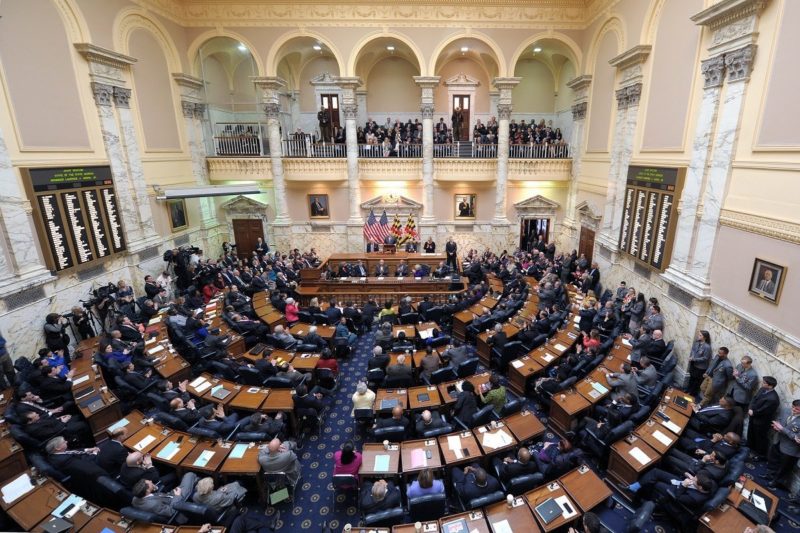Maryland Moves to the Forefront in Birth Control Access
It aims to prevent insurers, nonprofit health service plans, and health maintenance organizations from requiring "a copayment, coinsurance, or prior authorization requirement" for most contraceptive drugs and services.

Maryland Gov. Larry Hogan (R) this week signed what reproductive rights advocates are calling the nation’s most sweeping and comprehensive birth control access law.
Called the Maryland Contraceptive Equity Act, HB 1005 will require insurance plans regulated by the state to offer birth control with no out-of-pocket costs, starting in January 2018.
First introduced in February, the law was one of 196 bills Hogan signed on Tuesday. It aims to prevent insurers, nonprofit health service plans, and health maintenance organizations from requiring “a copayment, coinsurance, or prior authorization requirement” for most contraceptive drugs and services.
Sponsored by Del. Ariana B. Kelly (D-Montgomery) and state Sen. Delores Kelley (D-Baltimore County), the law requires companies to provide vasectomy coverage and six months of contraception coverage at a time. It also prohibits pre-authorizations for long-acting reversible contraception methods, such as intrauterine devices.
Maryland is now the first state to require insurers to cover over-the-counter contraceptive medications, including newer options like Plan B.
Lawmakers said the law won’t go into effect until 2018 so insurers can prepare for the 2017 open-enrollment season, the Baltimore Sun reported.
Champions of the bill, such as local Planned Parenthood officials, have noted that Maryland has a history of being at the forefront of reproductive health care, telling the Sun that the state first mandated contraceptive coverage in 1998.
Karen Nelson, president and CEO of Planned Parenthood of Maryland, called the law a “bold move” and praised the Democratic-led legislature for passing the bill.
The state’s Planned Parenthood affiliate said in a statement that the law would make Maryland the first to provide equity in contraception access for men by requiring coverage of vasectomies without co-payments.
Prior to Hogan’s signing, other states have been “implementing piecemeal provisions” rather than comprehensive laws that expand birth control access, Nelson said.
Del. Ariana B. Kelly told the Sun that the law would fill in “gaps” left by the Affordable Care Act, which only requires insurers to offer one of 18 categories of contraceptives with no co-payment. That means some people may have to pay up front for their preferred method of birth control if their insurer does not cover it.

